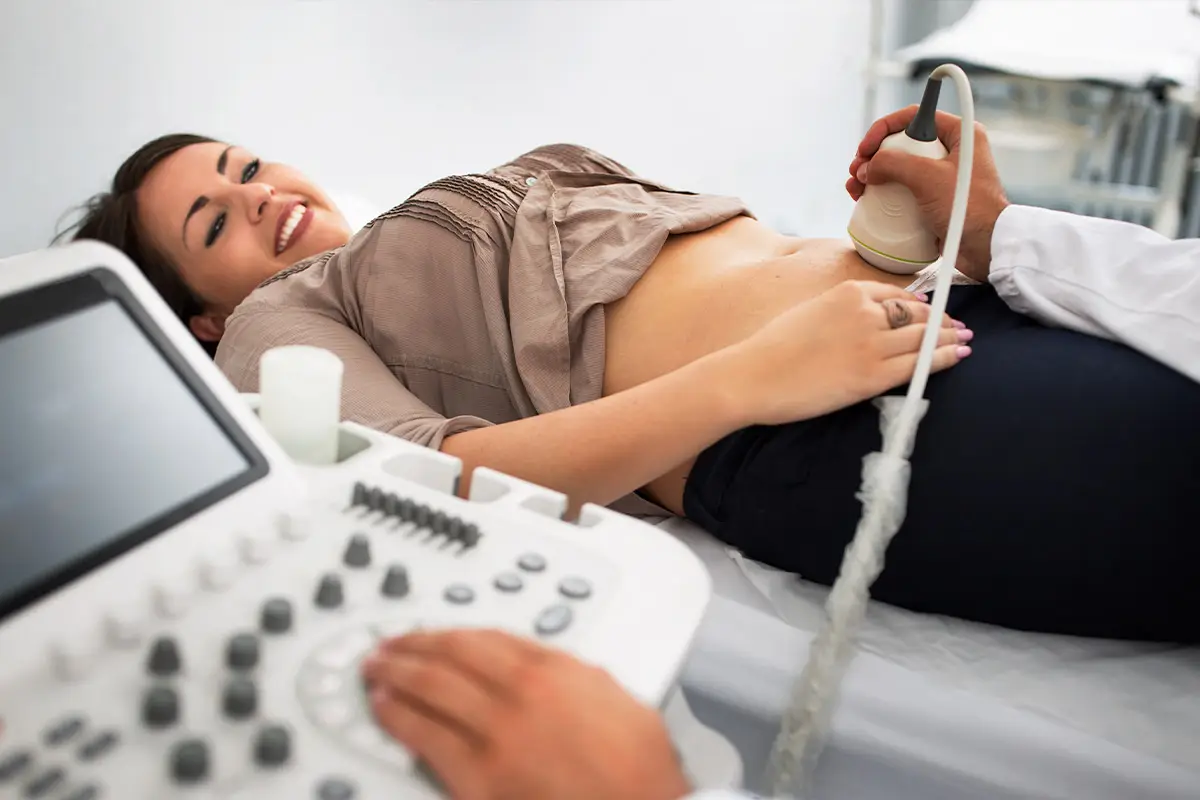What is a frozen embryo transfer cycle (FET)?
A frozen embryo transfer cycle is a cycle where one or more frozen embryos are thawed and transferred back to the uterus in order to achieve a pregnancy.
Personalised care for the best chance of success
- Choice of outstanding, state-of-the-art clinics experienced in frozen embryo transfer
- Advanced cryopreservation and thawing techniques to improve embryo survivial rates
- No age restrictions, depending on physician decision, fitness status and general wellbeing
- Consistently high pregnancy rates
- Tailored treatment plans to suit your individual preferences and medical history
- Personalised transfer scheduling
- Guidance on number of embryos to transfer
- Continuity of care from one dedicated and experienced team
- Multilingual fertility experts available to contact at any time
- Flexibility to stay close to home for most of your treatment cycle
- Travel overseas to your chosen clinic only required for a few days
- Concierge service available to assist with travel plans, accommodation and more
What is the process for a frozen embryo transfer?
Frozen embryos can be thawed and transferred into the uterus in a natural cycle, or in a hormone-controlled cycle.
Natural cycle
Who is it for?
If you have regular menstrual cycles and can easily track ovulation, you may be suitable for frozen embryo transfer in a natural cycle.
How does it work?
The cycle is monitored by doing ultrasound scans and blood tests to assess endometrial development, and you will also be asked to track your ovulation at home. The embryo transfer is scheduled based on when ovulation naturally occurs and the stage of development your embryos were frozen (day 3 cleavage stage, or day 5 or 6 blastocyst stage).
Hormone replacement therapy (HRT) cycle
Who is it for?
The HRT protocol is often used to control the cycle particularly in women who don’t have regular periods, have ovulatory problems, have the need to schedule the embryo transfer at a particular date.
How does it work?
The hormones – oestrogen and progesterone – are prescribed to mimic the body’s cycle and to develop the endometrium to the right stage. You will be monitored regularly by having ultrasound scans and in some cases also doing blood tests. Your embryos are normally transferred 3-5 days after starting progesterone, and this vary depending on individual circumstances and the stage at which your embryos were frozen.
When will my embryos be thawed?
Embryo thawing is done a few hours prior to the embryo transfer. Once thawed, the embryo is moved into a dish to be washed in culture media and transferred to the incubator to await the embryo transfer procedure. It is also possible that day 2 or 3 embryos (cleavage stage) are cultured to blastocyst stage before transfer, in which case they are transferred into a dish with culture media and kept in the incubator for a few more days. Approximately 80-85% of cleavage stage frozen embryos, and 95% of blastocyst survive the process of thawing.
How are embryos transferred?
The embryo transfer procedure is short and doesn’t need sedation in the majority of cases. It is performed in a dedicated procedure room close to the laboratory. Some women only may feel mild discomfort. The practitioner will insert the speculum in the vagina (similar to taking a smear test), then clean the vagina before inserting a thin catheter through the cervix and into the uterus to place the thawed embryo(s) under ultrasound guidance. You will require to have a full bladder.
What is after the embryo transfer?
After the procedure, women may experience some light cramping, and very occasionally spotting and vaginal discharge. We recommend taking it easy, avoid exercise, sexual intercourse, hot baths, saunas, steam rooms, swimming, smoking and drinking alcohol. Make sure you are taking your folic acid and other supplements as recommended by your consultant. Follow the instructions of your fertility team if you are taking hormones. Your pregnancy test will be done circa 12-15 days after your embryo transfer, depending on you having had blastocyst or cleavage stage embryo transfer.
Where can I have FET with NOW-fertility?
- Egypt
- Greece
- Italy
- Poland
- Saudi Arabia
- Spain
- Tunisia
- Turkey
- UAE
- UK
Contact NOW-fertility to learn more about Frozen Embryo Transfer (FET)
Our care team are here to explore your fertility journey and guide you through your options.
Valuable insights from our blog
Ready to start your journey?
Our commitment is to make fertility care accessible, successful and stress free for patients.
If you are ready to start your journey, book a consultation with one of our experienced fertility consultants.


